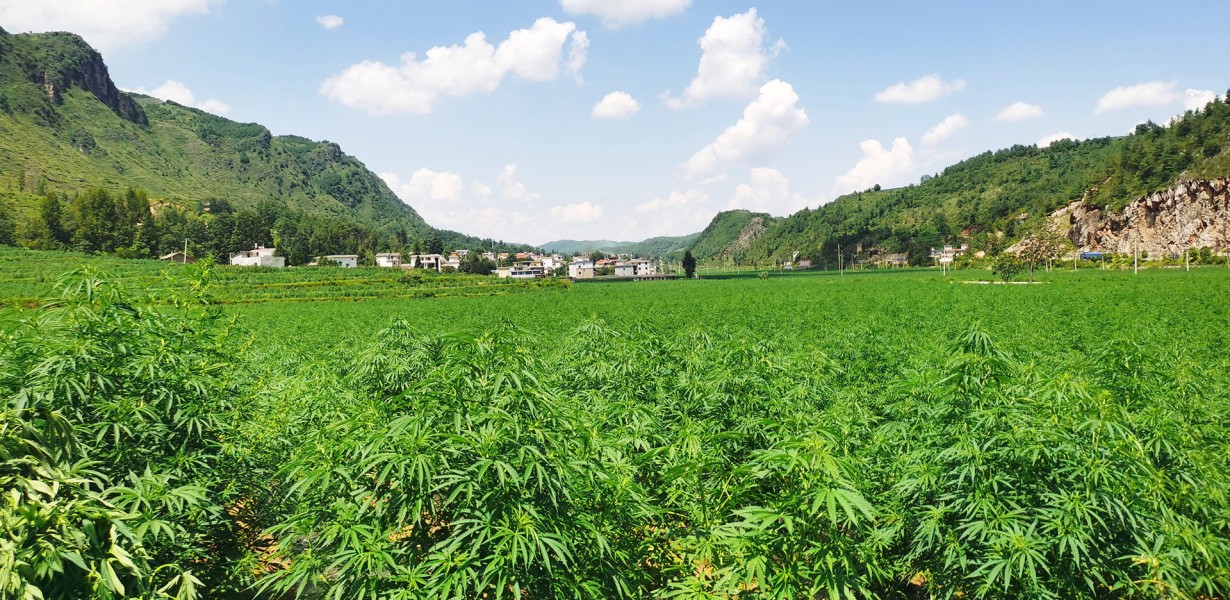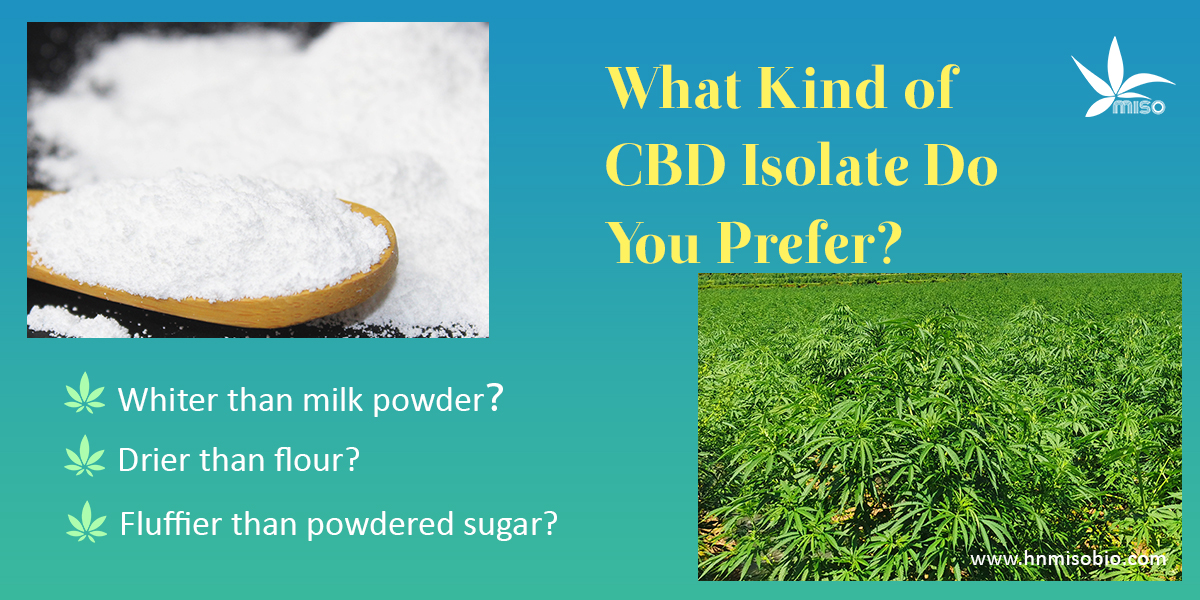
In recent years, there has been a global surge in interest surrounding hemp. The process was kickstarted in the United States in 2014 with an agricultural law that defined cannabis plants with a tetrahydrocannabinol (THC) content of less than 0.3% as industrial hemp, providing subsidies for its cultivation in the country. The 2018 Farm Bill further legalized the cultivation and transportation of industrial hemp in the United States. Following suit, many countries and regions began to relax legal restrictions on cannabis, with some even legalizing it altogether. This trend has been primarily driven by the recognition of the medical benefits of cannabis and the understanding of how its legalization can alleviate pressure on the criminal justice system.
The Historical Roots of Cannabis in China
As early as 5000 BC, ancient Chinese farmers began cultivating cannabis, considering it an important agricultural crop. Cannabis also held a place in traditional Chinese medicine, where it was believed to have cooling properties and could be used to clear heat, detoxify the body, promote blood circulation, and balance yin and yang within the body. Ancient physicians often used cannabis to alleviate various types of pain, including arthritis, muscle spasms, and neuropathic pain.
Turning Point in Modern Chinese Cannabis History
At the beginning of the 20th century, cannabis was widely used in China across various fields including agriculture, textiles, medicine, and others, being seen as a versatile plant. However, concerns over cannabis abuse internationally and the rise of drug-related issues led the Chinese government to impose strict regulations on cannabis during the mid-20th century. Cannabis was classified as a controlled substance, with its production, sale, and use restricted.

New Opportunities for Chinese Industrial Hemp
With the rise of global legalization of industrial hemp, China began to reassess the potential of industrial hemp. In the late 20th century, the Chinese government began to focus on the industrial applications of hemp. In the early 1990s, there were initial indications that the government was considering the legality of industrial hemp. To further understand the potential of hemp in China, the government conducted a series of agricultural experiments to test its growth conditions in different regions and its feasibility within the agricultural system. Meanwhile, some local governments, such as those in Yunnan and Heilongjiang provinces, began to experiment with relaxing legal restrictions on industrial hemp within limited areas as policy trials to verify its feasibility. With further policy adjustments, the industrial hemp industry chain in China gradually formed. From hemp cultivation and processing to the final manufacturing of products, various sectors including farmers, agricultural enterprises, and manufacturing industries became involved in different aspects of the industrial hemp industry chain.
Regulatory Policies for Industrial Hemp in Yunnan
Yunnan is one of the original areas of cannabis cultivation in the world. Since 2001, Yunnan has been promoting the cultivation and application of industrial hemp across the province. In order to strengthen supervision and management of the development and utilization of industrial hemp, and to prevent cannabis from being used as a drug, in March 2003, the Yunnan Provincial Public Security Department formulated the "Interim Regulations on the Management of Industrial Hemp in Yunnan Province," which was promulgated and implemented by the Yunnan Provincial Government.
On January 1, 2010, Yunnan Province implemented the "Regulations on the Planting and Processing of Industrial Hemp in Yunnan Province," providing clear legal basis for the planting and processing of industrial hemp in Yunnan Province. Through clear regulations, the development of the industrial hemp industry was standardized, prompting enterprises to follow standardized planting and processing procedures, and maintaining good order in the industry. With the assurance of safety, the government can support the legal development of the industrial hemp industry and promote the improvement and optimization of the industry chain.
The Future of Chinese Industrial Hemp
Yunnan is the most suitable region for the cultivation of industrial hemp in China, possessing unique varieties and raw material resources for industrial development. Currently, only two provinces in China, Yunnan and Heilongjiang, have legalized industrial hemp cultivation. China has established production layouts with Yunnan Province focusing on floral and leaf uses and Heilongjiang Province primarily focusing on fiber use. Through the formulation and adjustment of policies, the Chinese government has gradually opened up, providing a more relaxed environment for the planting and application of industrial hemp. The industrial hemp industry in China has made significant progress and has attracted widespread attention internationally.
Contact us
Tel: +86–731–82281512
Phone:+8613510015460
Email: apple.xiong@hnmisobio.com
Website: www.hnmisobio.com


Comments
Post a Comment